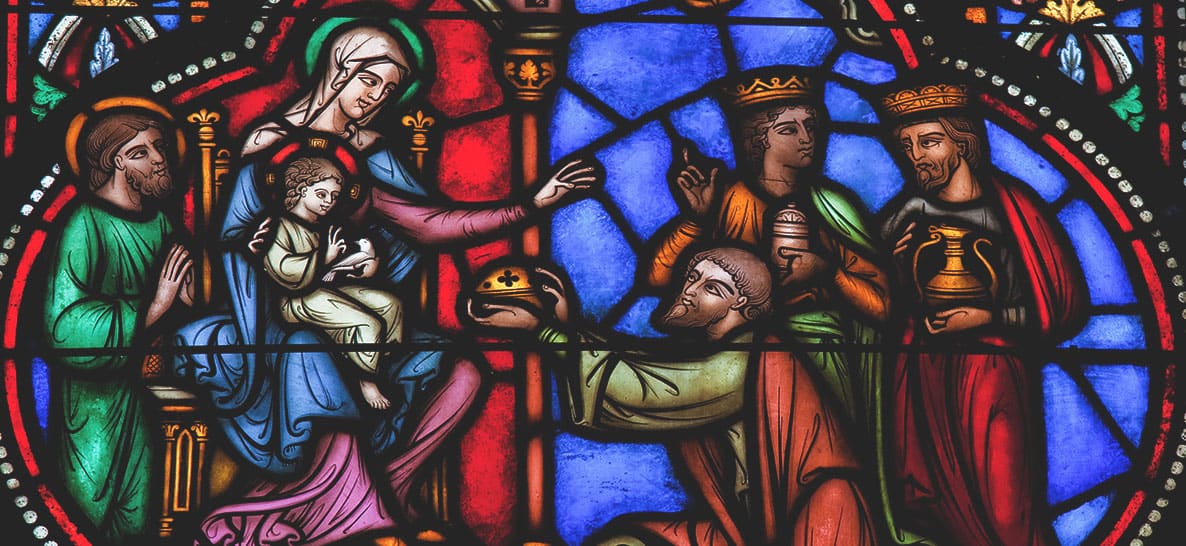
Few, if any of us, lost sight of the impending three-day weekend here in America. And, hey, I’m the first to accept a day off from work whenever I can get it.
My concern, though, is what your church is not celebrating this Sunday.
I bet most of us in the evangelical church are oblivious to the fact that this Sunday is Pentecost Sunday, a day Christians, for more than a thousand years, have set aside to celebrate the sending of God’s Spirit to His people.
Last week was Ascension Thursday. And a week after Pentecost—next weekend—comes Trinity Sunday. In fact, the so-called “Christian year” or “liturgical calendar” includes eight core dates that commemorate highly important Christian truths: Advent (Christmas), Ash Wednesday, Palm Sunday, Good Friday, Easter, Ascension Thursday, Pentecost and Trinity Sunday.
Despite each of these dates representing key events or truths of Christianity, most American churches are more interested about drawing congregants’ attention to the typical gamut of patriotic jubilees and Hallmark-sanctioned “holy” days.
There’s nothing wrong with celebrating patriotic holidays, but sometimes, the loud and routine celebrations of the American year can drown out the voice of an ancient witness to the Gospel. And with theological awareness at disturbing lows in some areas among American Christians, it seems safe to say that the evangelical church’s neglect of a tool like the liturgical calendar has not helped matters. We have a fever of doctrinal forgetfulness in our present day—and, unfortunately, the prescription is not more cowbell.
Part of the prescription could be an old remedy. Consider these five reasons we ought to observe the calendar our forefathers of the faith delivered to us:
1. The rhythms of life inform our identity and tell us what is real.
By default rather than design, Christians often allow the calendar of the broader culture to set the rhythms of life more than the central truths of the Gospel.
Again, the disconcerting tendency isn’t that individual followers of Jesus participate in commercial and patriotic holiday events. What should concern us all, however, is that we sometimes allow what we have in common with our fellow Americans to define us more than what we have in common with our global, timeless family in Christ.
The apostle Paul writes, “There is neither Jew nor Greek, there is neither slave nor free, there is no male and female, for you are all one in Christ Jesus” (Galatians 3:28). Therefore, we find camaraderie first among the born-again from every tribe, language and nation. Opting to mark our time with the Christian year helps enable us to subordinate our identity as Americans (or whatever nationality you might be) to our identity as Christians.
2. Marking time in this way is God’s idea.
“Now we know that the law is good, if one uses it lawfully,” writes Paul (1 Timothy 1:8). And it is in the Mosaic law specifically that we find God’s commands to Israel to throw parties throughout their lunar-based, agriculture year (see Leviticus 23).
If the law is our teacher (Galatians 3:24), and God gave the law, then we ought to follow the law’s example of marking time according to what God has done in history to redeem and define His people (e.g., Sabbath, Passover, Day of Atonement, Festival of Booths, etc.).
The author of Hebrews states that “the law has but a shadow of the good things to come instead of the true form of these realities” (Hebrews 10:1; Colossians 2:16-17). If our ancient brothers and sisters celebrated in response to “shadows,” how much more should we, who are no longer under the law on the A.D. side of history, celebrate? After all, we now have the fulfillments of those Old Testament celebrations—namely, Christ, our Passover lamb (1 Corinthians 5:7).
Marking the calendar in this way was part of God’s pedagogy for his old-covenant people, so it only seems fitting that we continue to implement the Creator’s philosophy of education.
3. Utilizing the Christian calendar helps churches keep a well-balanced diet of key doctrines.
The Christian year helps us and our churches regain theological awareness.
For example, it’s not likely you have recently heard a sermon explaining the necessity of Jesus’ ascension to sit at the Father’s right hand. And, I’m guessing few people from your church have told you about the relationship between the ascension and Pentecost with regard to the arrival of the Holy Spirit.
If we follow the church’s liturgical calendar, then these topics arise naturally throughout the year, giving us the opportunity to explore them and delve more deeply into our faith.
4. You don’t have to be Roman Catholic to use it.
Some of us might associate the Christian year with “high church” traditions such as Roman Catholicism or Eastern Orthodoxy. But the calendar is nonetheless helpful for all traditions, no matter how “high” or “low” in terms of liturgy.
The eight core dates of the calendar commemorate virtually universal Christian truths (e.g., Advent, Ash Wednesday, Palm Sunday, Good Friday, Easter, Ascension Thursday, Pentecost, and Trinity Sunday). No particular polity or sacramental system need be attached to those who want to implement the calendar.
5. You’re already doing it, anyway.
Christmas and Easter are vestiges of the forgotten Christian year. Chances are your church acknowledges these two holidays. Many of our churches hold Good Friday services during Easter week. If we can set aside time each year to emphasize and reflect on the miracles of the incarnation and resurrection, why can we not do the same with events such as the ascension or Pentecost?
So while implementing the Christian calendar is not itself a biblical mandate, I don’t think you can argue against its usefulness in fulfilling many mandates that are biblical: “Finally, brothers, whatever is true, whatever is honorable, whatever is just, whatever is pure, whatever is lovely, whatever is commendable, if there is any excellence, if there is anything worthy of praise, think about these things. What you have learned and received and heard and seen in me—practice these things, and the God of peace will be with you” (Philippians 4:8-9).





















